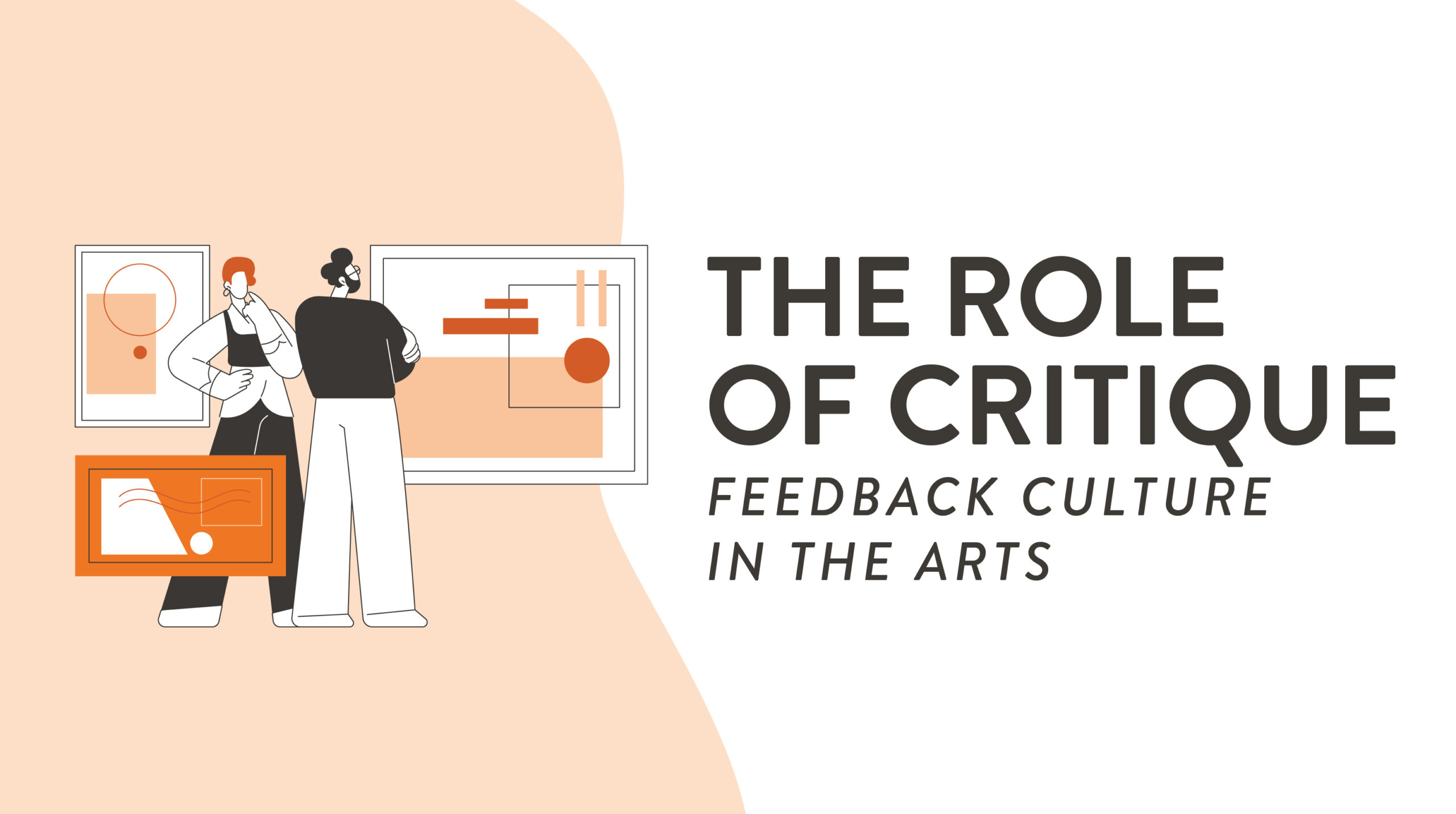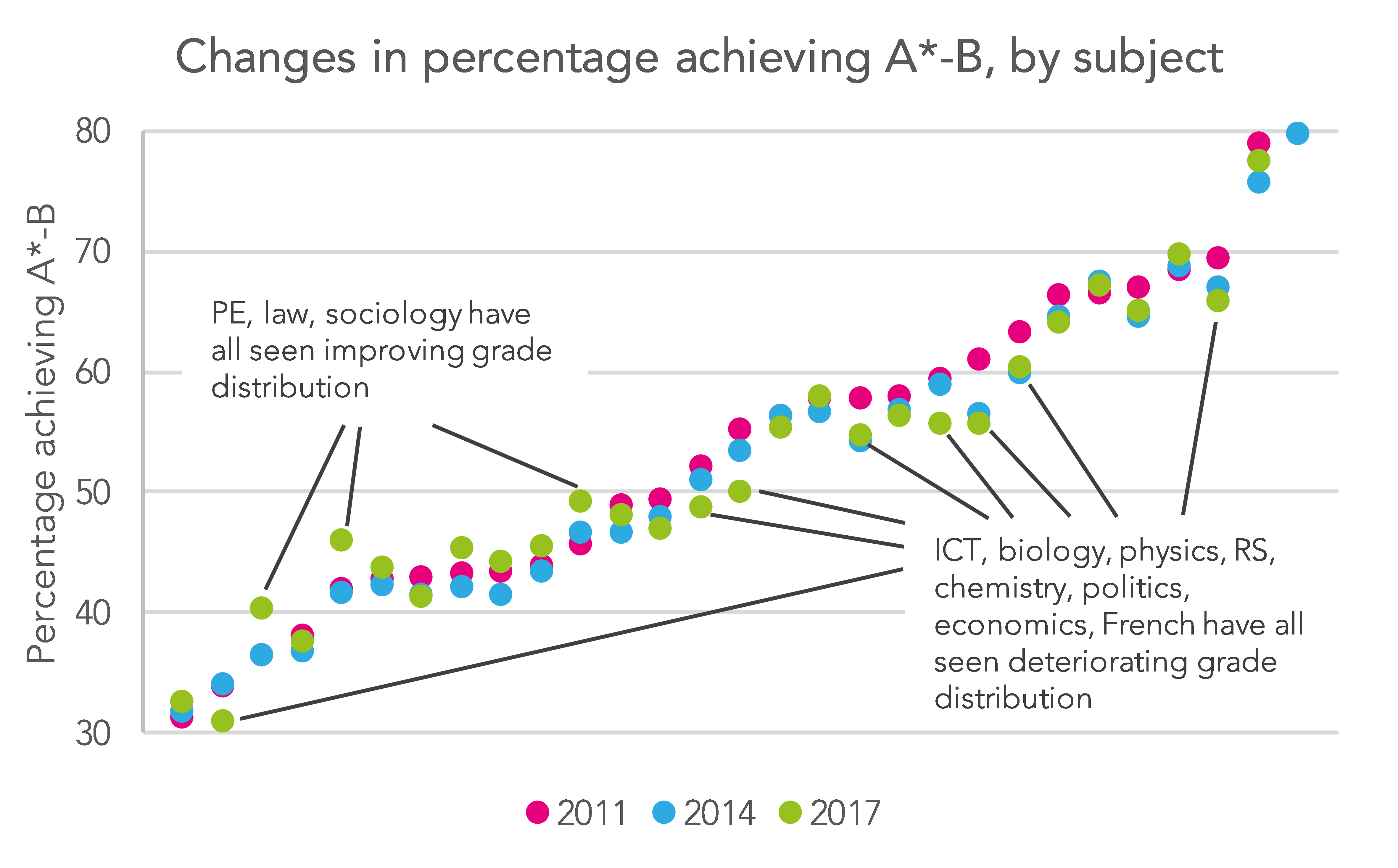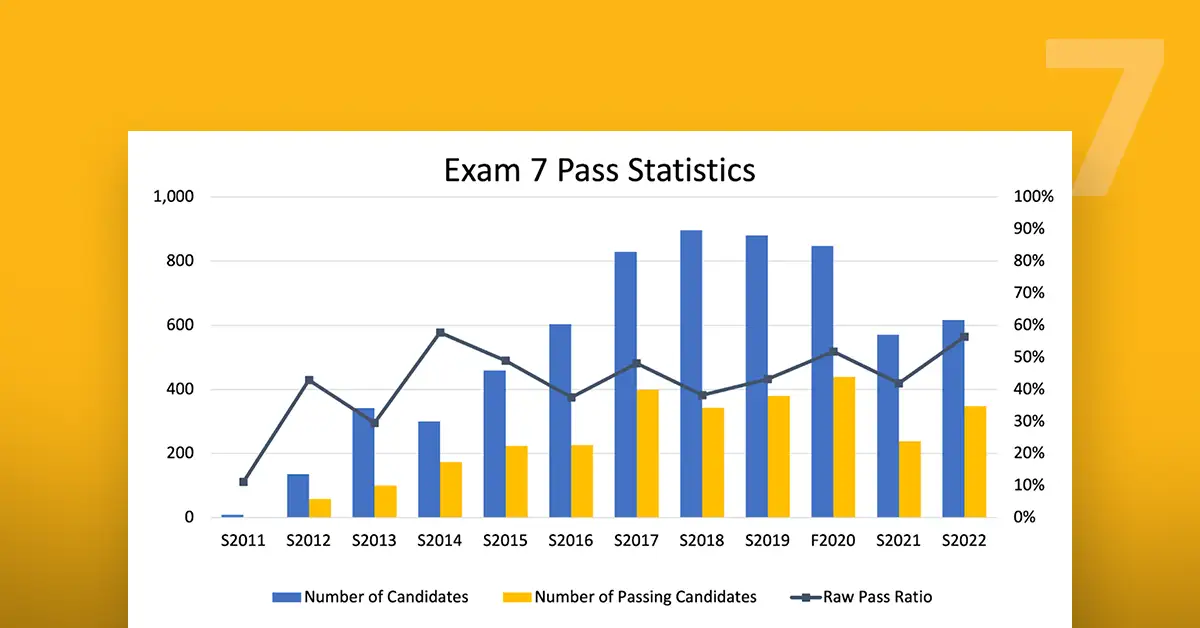A critique, on the other hand, is an in-depth examination and evaluation of a work — for instance, a book or a movie or a painting or a musical composition. This is the process of dissecting the work into its pieces, analyzing each individual piece and assessing the overall body of work.
Key Elements of a Critique
Overview: An overview of the work itself, which should encompass its central themes, characters, or arguments.
Analysis: This is an exploration of the form, style, and devices used within a work.
Meaning: An analysis of what the work means and why it is important.
Evaluation: A summary of the overall quality of the work that explains its strengths and weaknesses
How to Write a Good Critique
Understand the Work (If your going to write a critique, understand the work): Before you being your writing know the text or video inside and out.
State Your Thesis: At some point, hopefully early, you are going to want to identify your main argument and state your thesis.
Back Up Your Arguments: Cite evidence from the text or work to help back up any claims you make.
Take into account the context: Examine the art in its historical, cultural and social contexts.
Be Clear Avoid vagueness or generalities.
Be Objective Try to be objective in your criticism and do not mix it up with personal garbage.
Edit: Be sure to give your critique a careful read, preferably out loud, making sure there are no grammar or spelling errors in the text.
Why critique is important Critiques are essential to the arts, humanities and sciences. They help to:
Enhance Comprehension: Critiques can allow us to understand the work even better.
Provocation: Critiques can provoke thought and discussion.
Set The Bar — Criticism can serve to establish a standard of excellence.
Guide Future Work: Critiques offer insight and advice for future creative projects.
In learning to write and receive critiques we will learn to be better consumers of culture, as all commentary on our work (and the world) becomes more intentional.



